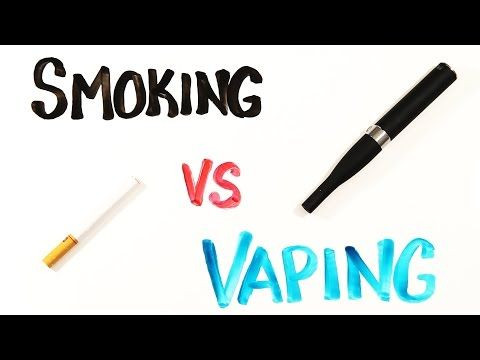Healthiest Way To Smoke Marijuana: Vaporizers ‘Safest’ Compared To Bongs, Joints And Pipes?

If you’re a newbie to the delights of cannabis, it’s best to steer clear of vaporizers. Do a joint, a blunt or a bong but don’t vape cannabis.
Newbie here means two things: you’re just starting the habit and you’re 25 years of age or below. Having either of these two or having both, disqualifies you from vaping weed. Why? Because medical evidence shows it’s for your own good.
Vaping devices heat cannabis to a temperature at which the mind-altering compounds in the plant are released as a vapor the user inhales.
Vapers claim marijuana vaporizers are cleaner and healthier than other routes of administration such as smoking. They also claim vapers report fewer episodes of coughing, wheezing, shortness of breath and mucus production.
But much of this “evidence” is anecdotal, that is, it’s based on personal testimonials and not on research. Even some vapers admit a lot more scientific studies are needed to prove this point.
So, the lack of clear and provable evidence means it’s safest to err on the side of caution. In this case, it means don’t vape weed if you’re a newbie.
And there is science out there backing up this conclusion.
A medical study published November 2018 in the journal JAMA Network Open showed that vaping MJ instead of smoking an equal dose increases memory loss, short-term anxiety, paranoia and distraction.
The findings highlight the importance doses play in creating the perception vaping is a safer alternative to smoking cannabis, the reseachers said. The study suggests that for first-timers or others who don’t use cannabis regularly, vaping delivers greater amounts of THC, which increases the likelihood of adverse reactions.
“What our study suggests is that some people who use cannabis infrequently need to be careful about how much cannabis they use with a vaporizer,” Ryan Vandrey, associate professor of psychiatry and behavioral sciences at the Johns Hopkins School of Medicine, said.
“They should not drive, even within several hours after use. It could be dangerous for themselves and others, and on top of that, they may experience negative effects such as anxiety, nausea, vomiting, and even hallucinations.”
Results of the study involving 17 volunteer participants showed that a few minutes after smoking, those who vaped a 25 milligram THC dosage reported an average of 77.5 on the overall strength of the drug’s effect, meaning how high they felt. This compares with an average of 66.4 reported by those who smoked the same dose.
Participants who vaped 25 milligrams of THC reported about a 7 percent higher score on average for anxiety and paranoia. On the other hand, those who vaped any dose of THC also reported higher levels of dry mouth and dry eyes than those who smoked it.
Next, researchers compared the effects of vaping to smoking on participants taking the computerized Divided Attention Task.
This trest requires participants to track a square on a computer screen while monitoring numbers in each corner of the screen. Results show accuracy fell far more when vaping 10 or 25 milligrams of THC than for smoking either dose.
“Our participants had substantially higher impairment on the tasks when vaping versus smoking the same dose, which in the real world translates to more functional impairment when driving or performing everyday tasks,” postdoctoral fellow Tory Spindle, a researcher in the behavioral pharmacology research unit at Johns Hopkins Bayview Medical Center, noted.
Published by Medicaldaily.com



























